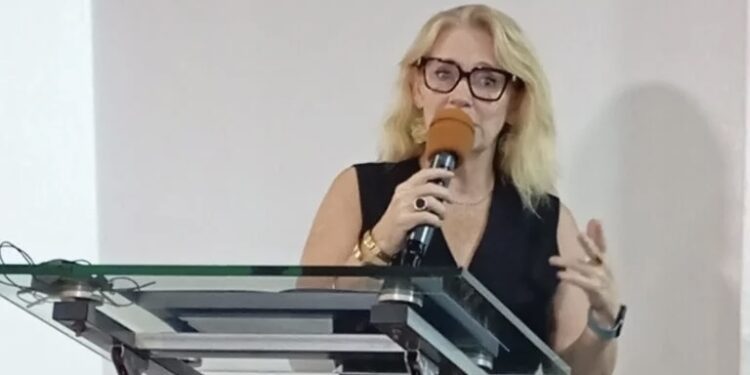UNICEF has called for more advocacy in budget planning and implementation to ensure the protection of children’s rights across Nigeria.
Celine Lafoucriere, chief of the UNICEF field office for South-West Nigeria, made the call on Monday at a media dialogue organised by UNICEF in collaboration with the Lagos State Ministry of Economic Planning and Budget.
The event was to commemorate the 2025 Day of the African Child. The event was held in Ikeja, Lagos.
According to Ms Lafoucriere, the advocacy will go a long way to ensure that allocated funds reach the intended beneficiaries, as well as to prioritise children’s welfare in Nigeria’s budgets.
She identified the media and civil society as driving forces in the advocacy, adding that insufficient and inefficient budgeting was undermining the protection of children’s rights.
She said UNICEF had been working closely with the Lagos State MEPB to improve transparency and accountability in budgeting through the creation of a dedicated budget code.
“This system allows for every naira spent on child-related programmes to be tracked, ensuring visibility and helping to monitor real impact,” the official said.
She said the budget should be embedded in the core planning for Nigeria’s population and should be guided by concrete data on where most vulnerable children are, as well as their needs regarding clean water, education, healthcare, nutrition, and protection.
Ms Lafoucriere said Nigeria had made marginal progress over the years in marginal percentage increases in budgets. However, real spending in favour of children’s rights across all social sectors was still insufficient.
Ms Lafoucriere decried the high rate of malnutrition, school dropout and child abuse in the South-West, saying that it was a sign of an implementation gap.
“In a place like Lagos, education is still largely self-funded by schools and families. Where is the investment in protecting children and giving them a fair start in life? These are not luxuries. These are human rights. The Lagos State Government has a social contract not only with its adult population but with every child.
“We must remind them of that duty. If children and youths are not prioritised today, then the Lagos of tomorrow is at risk,” she said.
(NAN)






